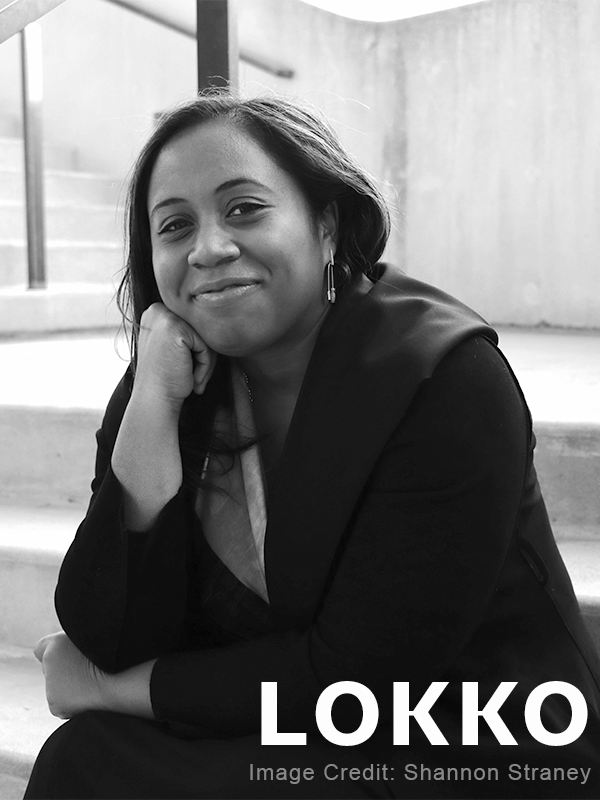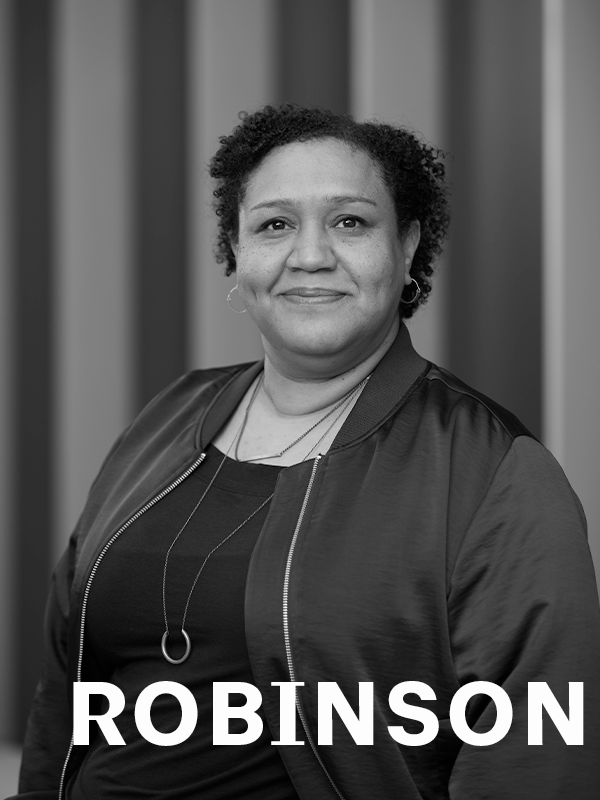Oct. 19 – 21, 2023 | Amherst, MA
2023 ACSA/AIA Intersections Research Conference:
MATERIAL ECONOMIES
Fall Conference
MATERIAL ECONOMIES
Co-Chairs
Caryn Brause, University of Massachusetts Amherst
Chris Flint Chatto, ZGF Architects
The American Institute of Architects (AIA) and Association of Collegiate Schools of Architecture (ACSA) are pleased to continue the conference partnership dedicated to the intersection of education, research and practice. The 2023 ACSA/AIA Intersections Research Conference seeks to find what roles architects, designers, and researchers can play in the paradigm shifts necessary to practice with radical material responsibility. The conference will take place October 19–21, 2023 at the University of Massachusetts Amherst.
At this in-person conference, attendees will gain an increased awareness of research happening in both academia and design practice. The conference will create opportunities for new partnerships, sources of funding and collaborations. It will be a chance for both established researchers as well as those looking to enhance their research capabilities, with sessions, breakouts, workshops and networking events.
Overview
R. Buckminster Fuller famously re-conceptualized the idea of material economy by asking “How much does your building weigh?” Nearly one hundred years later, our notion of material sustainability and the “weight” of building materials has taken on a more expansive meaning. Our current understanding of materiality suggests serious challenges related to the sustainability, resiliency, and human health impacts of our architectural materials. According to the United Nations Environment Programme’s Global Alliance of Buildings and Construction (Global ABC) nearly 50% of the carbon footprint over the next decade for today’s projects is the embodied carbon from construction. To meet the climate commitments of the Paris Agreement (COP21), it is these immediate emissions that are most critical. The Living Building Challenge’s Red List has raised awareness of the thousands of unregulated toxic chemicals present in our industrial economy, and hiding in our buildings, from our water pipes to our furnishings.
Despite the staggering scale of these problems, the scope of our industry suggests an opportunity to shift the material economy. Architecture 2030 cautions that buildings represent 40% of the world’s carbon emissions, and the International Organization for Economic Co-operation and Development finds that buildings comprise nearly 50% of the world’s material economy. The AIA’s Architecture & Design Materials Pledge, currently signed by more than 200 leading design firms, outlines the enormous opportunity for industry transformation, calling for more consistent metrics and a shift towards greater material transparency and accountability related to human, ecosystem, and climate health, social equity, and circularity. Are calls for greater transparency shifting the market from one that is extractive to one that is cyclical, and from one that is exploitative to one that is equitable? How does an expanded notion of material “weight” impact design? What forms of research are needed to address the most critical barriers in the design and delivery process for architects sourcing materials and assemblies to nurture and sustain ecosystems and strengthen communities?
For this conference, sessions will be organized through a bottom-up process based on submission content and keywords to maximize the potential for translation between academic and practitioner contributions. In addition to the prompts embedded above, research topics may include but are not limited to:
- Regenerative materials, assemblies, and processes
- Indigenous knowledge, and traditional and vernacular building materials and assemblies
- Materials modeling and its impacts on project design and delivery
- The potential for adaptive reuse & salvaged materials to extend new pathways for circularity and local economic development
- Collaborations with product manufacturers featuring innovative approaches to carbon, health, social equity and/or circularity
- Barriers and opportunities to actively adapting the market for healthy and sustainable materials
- Human impact research into material health
- Material equity and community impacts
- Responsible building deconstruction and material “composting”
- Vulnerability reduction: Assessing resilience materials of post-disaster
- Resilience material: learning from coping strategies for climate variability
- Construction materials choices for making climate resilient and clean construction.
Across all submission types, this conference asks what roles architects, designers, and researchers can play in the paradigm shifts necessary to practice with radical material responsibility.
Mae-ling Lokko
Mae-ling Lokko is an Assistant Professor at Yale University’s School of Architecture and Yale’s Center for Ecosystems in Architecture (Yale CEA). She is an architectural scientist, designer and educator from Ghana and the Philippines whose work focuses on the upcycling of agrowaste and biopolymer materials. Her research integrates a broad range of technical, environmental, social and cultural criteria to evolve contemporary material-value systems and accelerate business models for upcycling between the Global North and South. Lokko is the founder of Willow Technologies, Ltd. focused on the research, design and development of biobased building materials. Lokko was the Director for the Building Sciences Program and Assistant Professor at Rensselaer’s School of Architecture from 2018-2021. Lokko’s recent projects have been exhibited globally including the Museum of Modern Art, New York; Stedelijk Museum, Netherlands; Museum of the Future, Dubai; Z33 House for Contemporary Art, Design and Architecture, Belgium; Somerset House; London and Triennale Milano, Italy. Lokko holds a Ph.D. and Masters of Science in Architectural Science from the Center of Architecture, Science and Ecology, Rensselaer Polytechnic Institute and B.A from Tufts University.
Chandra D. Robinson
Chandra is a Principal at LEVER Architecture, a practice recognized for design excellence and innovative work with mass timber construction. Based in Portland, Oregon and Los Angeles, the 38-person firm collaborates with communities and institutions to design buildings that elevate human experience and foreground equity.
Chandra recently completed a LEED Platinum campus for equity-based foundation Meyer Memorial Trust and is currently working on several civic and educational projects including the Portland Museum of Art (Portland, Maine), Portland State University’s new School of Art and Design, and two libraries for Multnomah County Library, among others.
Resources
Conference Partners
Questions
Melanie De Cola
AIA, Manager, Architectural Research
202-626-7574
melaniedecola@aia.org
Eric Wayne Ellis
ACSA, Senior Director of Operations and Programs
202-785-2324
eellis@acsa-arch.org

 Study Architecture
Study Architecture  ProPEL
ProPEL 








